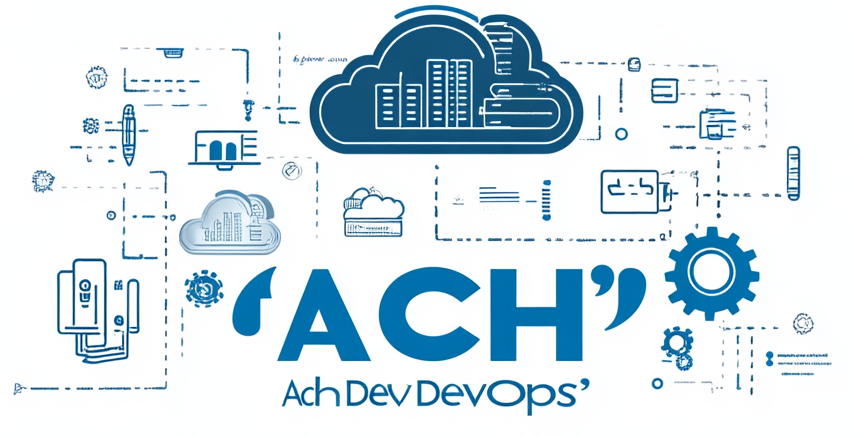As we advance through 2024, the field of container orchestration continues to evolve, driven by technological advancements and changing industry needs. This article explores anticipated developments in container orchestration and how they are expected to shape the future of application deployment and management.
1. Increased Adoption of Multi-Cloud Strategies
What to Expect:
Organizations are increasingly adopting multi-cloud environments to enhance flexibility, mitigate risks, and optimize performance. Container orchestration platforms will evolve to better support multi-cloud and hybrid cloud deployments.
Impact:
- Seamless Integration: Expect more robust tools and features for managing applications across multiple cloud providers.
- Improved Flexibility: Organizations will gain greater control over where and how their applications are deployed, reducing dependency on a single cloud provider.
- Enhanced Disaster Recovery: Improved capabilities for cross-cloud backup and failover will strengthen disaster recovery strategies.
2. Advancements in Serverless Container Orchestration
What to Expect:
Serverless computing will continue to gain traction, with container orchestration platforms offering more refined serverless capabilities. This includes enhanced support for auto-scaling and on-demand resource allocation without manual intervention.
Impact:
- Cost Efficiency: Organizations will benefit from more granular billing based on actual usage, reducing costs associated with idle resources.
- Simplified Operations: Reduced need for manual infrastructure management will streamline operations and accelerate deployment times.
- Scalability: Improved auto-scaling features will allow applications to handle varying workloads more effectively.
3. Integration of AI and Machine Learning
What to Expect:
AI and machine learning will become integral to container orchestration, offering advanced analytics, predictive scaling, and automated issue resolution. Expect AI-driven insights to enhance decision-making and optimize performance.
Impact:
- Proactive Management: AI will enable predictive maintenance and anomaly detection, reducing downtime and improving reliability.
- Optimized Resource Utilization: Machine learning algorithms will optimize resource allocation and scaling, ensuring efficient use of infrastructure.
- Enhanced Security: AI-powered security features will identify and mitigate threats in real-time.
4. Enhanced Security Features and Compliance
What to Expect:
As security concerns continue to escalate, container orchestration platforms will integrate advanced security features and compliance tools. Expect more sophisticated solutions for vulnerability management, identity and access control, and compliance reporting.
Impact:
- Stronger Protection: Enhanced security measures will provide better protection against emerging threats and vulnerabilities.
- Simplified Compliance: Improved compliance tools will help organizations meet regulatory requirements more easily.
- Increased Trust: Enhanced security features will foster greater trust in containerized environments, encouraging broader adoption.
5. More Focus on Edge Computing Integration
What to Expect:
Edge computing will continue to expand, and container orchestration platforms will increasingly support edge deployments. Expect developments in lightweight orchestration solutions designed specifically for edge environments.
Impact:
- Reduced Latency: Containers will be deployed closer to data sources, improving response times and performance.
- Enhanced Reliability: Edge-specific orchestration tools will address challenges associated with intermittent connectivity and limited resources.
- Broader Use Cases: Greater support for edge computing will enable new use cases in industries such as IoT, retail, and telecommunications.
6. Rise of Declarative and GitOps Practices
What to Expect:
Declarative configurations and GitOps practices will become more prevalent, driving consistency and reliability in application deployment and management. Expect wider adoption of infrastructure-as-code principles and automated workflows.
Impact:
- Consistency: Declarative configurations will ensure that applications are deployed consistently across environments.
- Version Control: GitOps will provide a single source of truth for application configurations, enhancing version control and auditability.
- Streamlined Operations: Automated deployment workflows will reduce manual intervention and accelerate delivery.
7. Greater Emphasis on Observability and Monitoring
What to Expect:
The focus on observability and monitoring will intensify, with container orchestration platforms integrating advanced tools for real-time monitoring, tracing, and logging. Expect improved visibility into application performance and infrastructure health.
Impact:
- Enhanced Troubleshooting: Better monitoring tools will facilitate faster issue identification and resolution.
- Informed Decision-Making: Real-time insights will support data-driven decision-making and proactive management.
- Improved Performance: Continuous monitoring will help optimize performance and resource utilization.
Conclusion
As we navigate 2024, container orchestration is set to undergo significant transformations driven by advancements in multi-cloud strategies, serverless computing, AI, security, edge computing, and observability. These developments will shape the future of application management, offering enhanced flexibility, efficiency, and security. Staying informed and adapting to these trends will be crucial for organizations seeking to leverage the full potential of container orchestration in the evolving digital landscape.
